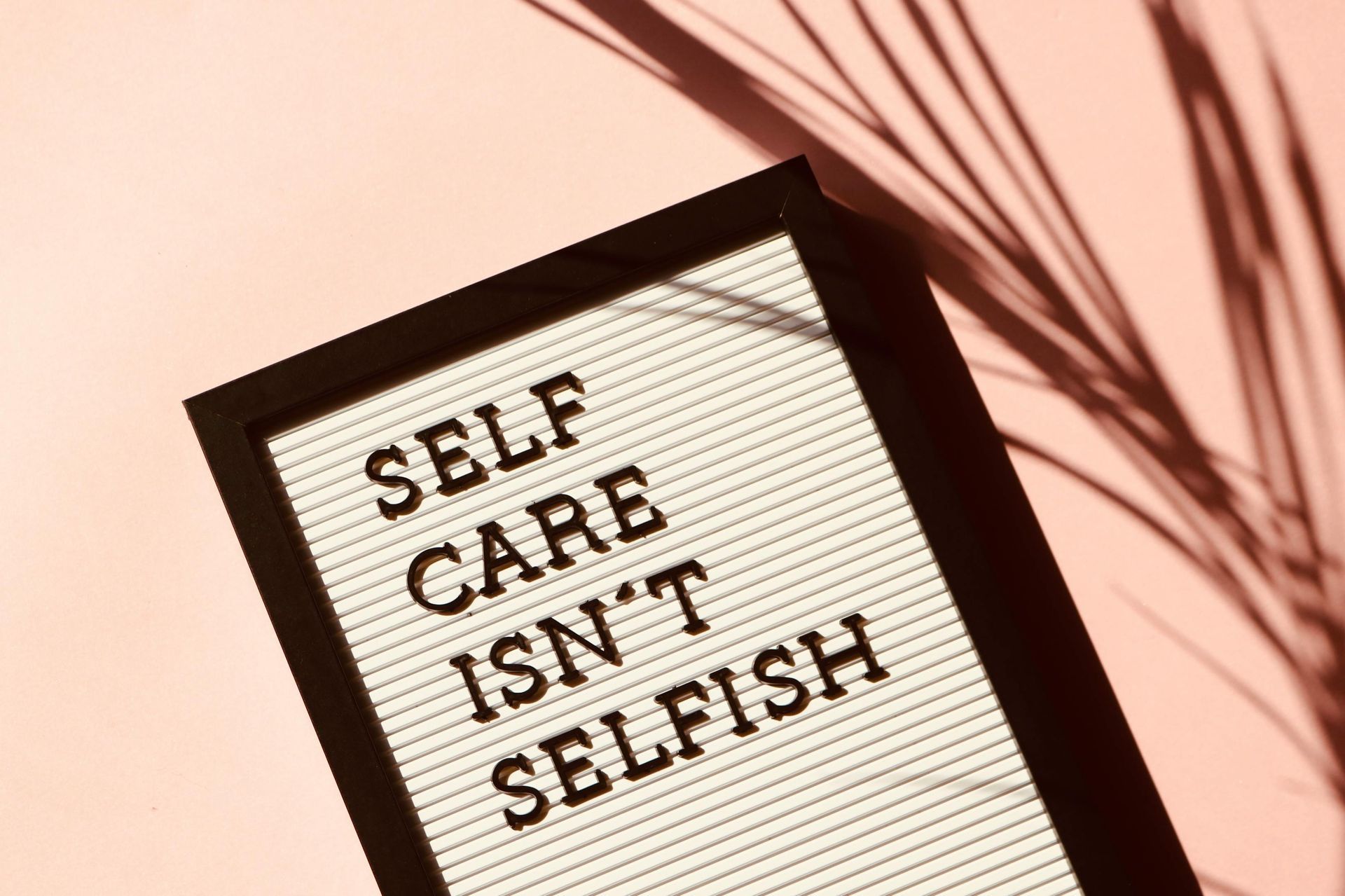Understanding and Engaging in Self-Care

Self-care refers to any intentional activity that nurtures your physical, mental, and emotional health. It is a holistic approach to maintaining balance in life and ensuring you have the energy and resilience to handle daily challenges.
Types of Self-Care
Physical Self-Care – This involves taking care of your body through exercise, proper nutrition, sleep, and regular health check-ups. Simple actions like staying hydrated, stretching, or getting enough rest can significantly impact your overall well-being.
Emotional Self-Care – Acknowledging and expressing your emotions in a healthy way is crucial. This can include journaling, speaking with a trusted friend or therapist, practicing mindfulness, or engaging in activities that bring you joy.
Mental Self-Care – Keeping your mind active and engaged is an essential aspect of self-care. Reading, learning new skills, solving puzzles, or taking breaks from digital screens can help maintain mental clarity and reduce stress.
Social Self-Care – Humans thrive on connection, so nurturing relationships with loved ones and setting healthy boundaries is important. Making time for social activities, seeking support, and maintaining positive interactions all contribute to emotional well-being.
Spiritual Self-Care – This does not necessarily mean religious practices; rather, it refers to activities that provide a sense of purpose and inner peace. Meditation, spending time in nature, practicing gratitude, or engaging in meaningful rituals can promote spiritual well-being.
Why Self-Care Matters
When you neglect self-care, stress, exhaustion, and even health problems can arise. Taking time for yourself enhances productivity, improves mental clarity, strengthens relationships, and helps you show up as the best version of yourself for others.
How to Start Prioritizing Self-Care
Schedule it – Treat self-care like any other appointment and block out time in your calendar.
Start small – Even five minutes of deep breathing or stretching can make a difference.
Listen to your body and mind – Pay attention to what makes you feel good and adjust accordingly.
Set boundaries – Learn to say no when needed and avoid overcommitting.
Be consistent – Self-care is most effective when practiced regularly.
Final Thoughts
Self-care is an essential investment in your overall well-being. By taking care of yourself, you are better equipped to handle life’s challenges and be present for those around you. Start small, be consistent, and remember—you deserve it!
What’s one self-care practice you can start today?
Center for Psychological Health & Wellness
122 West Lancaster Avenue, Shillington, Pennsylvania 19607, United States
Phone 484-509-0499 Fax 484-324-6685
Please click this link to view the Center for Psychological Health and Wellness Privacy Policy for TCR Registration for SMS.
Copyright © 2024 Center for Psychological Health & Wellness - All Rights Reserved.

